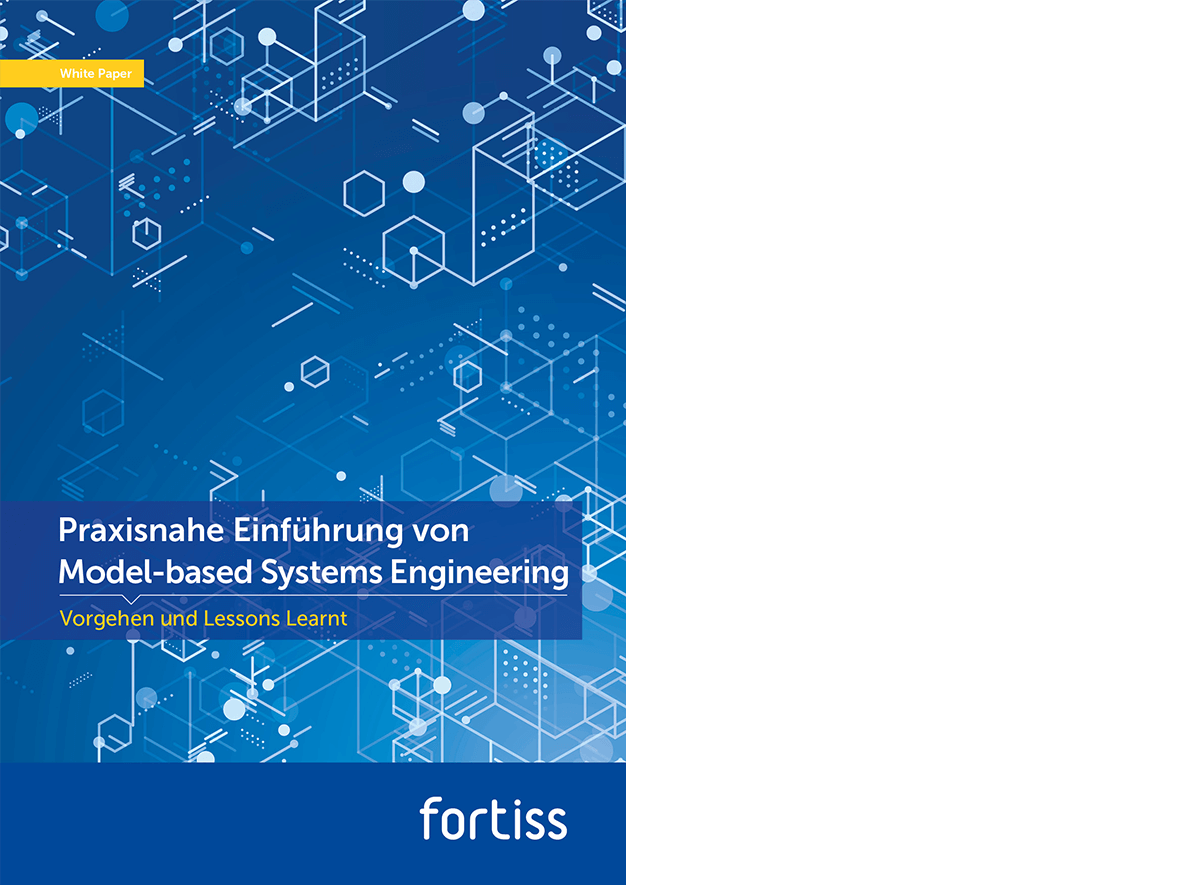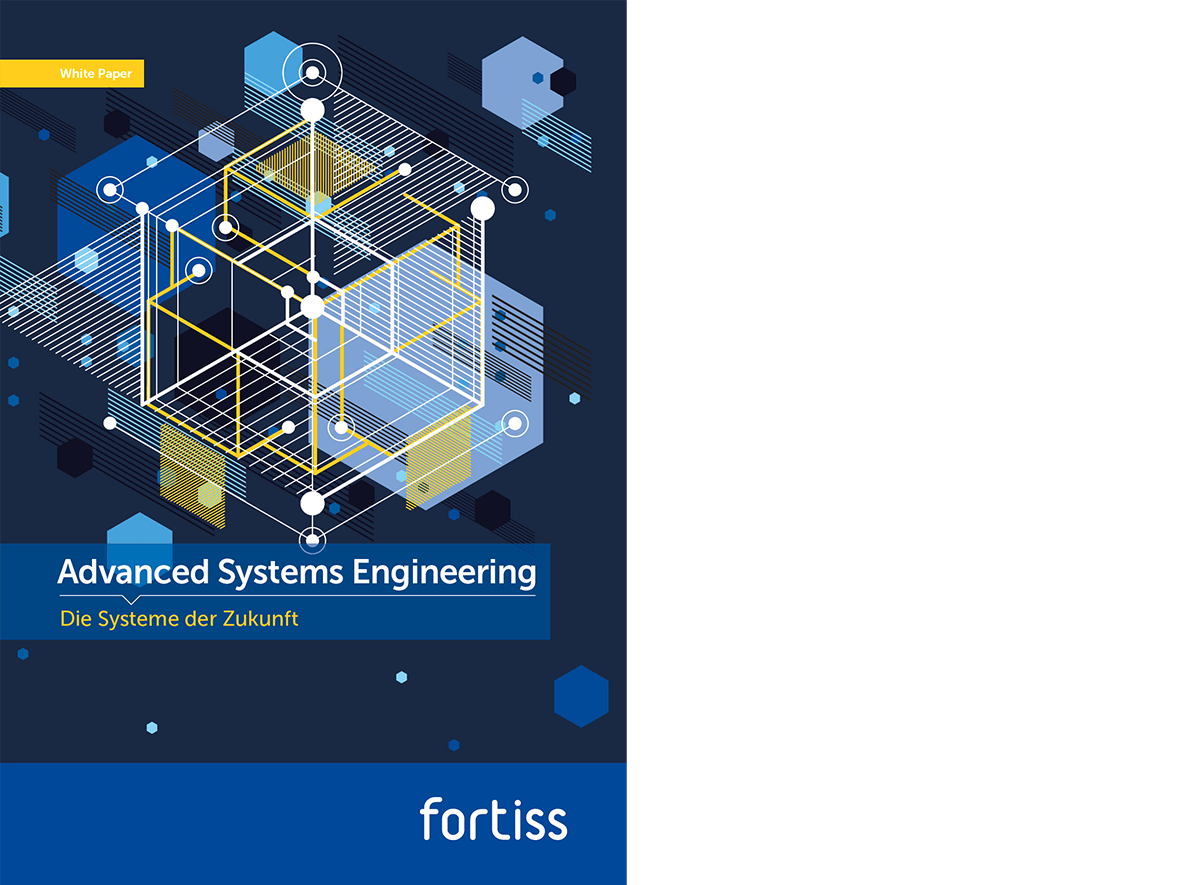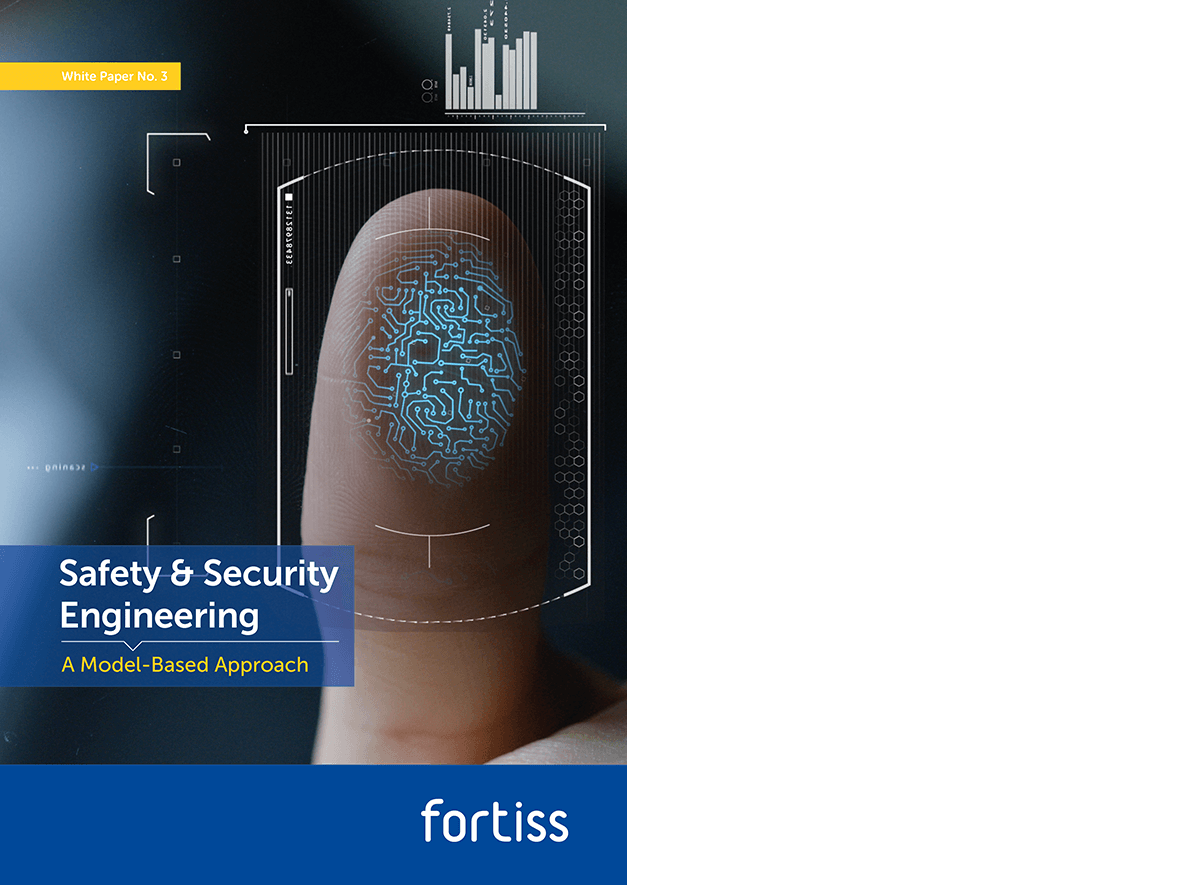
Modeling and implementation of large and complex software systems
In numerous industries such as automotive or fintech, businesses are challenged by the intricate development of sophisticated technical and socio-technical systems, demanding a meticulous approach to ensure rapid market adoption and enduring viability. The evolution towards autonomous, interactive, and dynamically networked products, propelled by software innovation, underscores the need for innovative, rigorous methodologies within the domain of Software & Systems Engineering.
Modern software-intensive systems and services are characterized by an increasing number of software-defined functions enabled by the availability of computing power, bandwidth, data, and services. Developers face the challenge of managing conflicting design constraints and objectives arising from user-centric requirements as well as non-negotiable regulations and standards. At the same time, the demand for non-functional properties such as security, robustness, availability, protection, privacy, and maintainability continues to grow. The boundaries between individual systems and application domains are becoming increasingly blurred, especially in system-of-systems environments, while software is being deeply integrated into complex cyber-physical systems. Additionally, a high degree of automation and autonomy is shaping modern systems, with AI-intensive software playing an ever more significant role.
The engineering of software-intensive systems needs to cope with this complexity, which calls for novel approaches to support continuous, seamless development, and quality assurance across multidisciplinary boundaries between organizations, teams, platforms, and systems.
The development of such approaches falls within the scope of the Software & Systems Engineering (SSE) research focus area at fortiss. We investigate and evaluate models, methodologies, and tools for the continuous engineering and systematic evolution of software-intensive systems and services. To this end, we conduct applied and evidence-based research with relevant industries to solve next-generation problems in software and systems engineering.
Efficiently deal with volatile and heterogenous requirements
Our area of expertise focuses on developing practical approaches to efficiently handle multifunctional requirements. These occur particularly in early, volatile, user-centered, and highly regulated environments, as well as in data-based software development phases.
Methods and tools to tame the complexity of cyber-physical systems
We investigate novel methods based on semantically rich system models to reduce engineering costs and time-to-market for cyber-physical systems. With our open-source tools, we validate our approach for automating design decisions and validating architectures and model artifacts based on advanced techniques such as formal methods and simulation.
Expertise for outstanding software quality
In the Center for Code Excellence we conduct research on new processes, methods, and tools for software developers to support them in their daily work and ensure high software quality and maintainability. To this end, we focus on AI methods to aid developers and provide automated assessments for organizations.
Rigorous validation and verification for dependable and safe software systems
We develop methods and tools to ensure the safety of autonomous cyber-physical systems that use AI technologies to adapt to changing environments. The focus is on the verification and validation of these adaptive systems, combining formal methods and scenario-based tests to ensure reliability and safety in real-world applications such as the automotive and aviation industries.
► Software Dependability
Software Engineering for data-intensive applications
We focus on developing test automation tools and practices to make test engineering more applicable and effective, including traditional rule-based software, as well as sophisticated data-driven AI-based software, up to complex cyber-physical systems.
fortiss develops methodological approaches for the structured elicitation and documentation of requirements across various domains. Using artifact model blueprints, dependencies can be systematically captured and managed efficiently—an essential foundation for developing complex systems in regulated industries.
Regulatory frameworks contain numerous provisions that must be considered in software and systems engineering. fortiss explores semi-automated methods for extracting requirements, helping companies analyze compliance regulations more efficiently and verify adherence—especially in highly regulated sectors such as finance and insurance.
The development of modern systems requires a close integration of software and hardware. fortiss leverages AI-driven algorithms to optimize architectural decisions based on design constraints and target objectives. This structured approach enhances development efficiency and quality in industries such as aerospace, automotive and manufacturing industry.
fortiss explores ML- and search-based methods to automate test case generation and improve testing efficiency. This significantly reduces testing effort and enables early identification of potential issues, particularly in safety-critical domains such as the automotive industry.
The quality and consistency of models are crucial for the reliability of software and systems engineering. fortiss develops methodological approaches for automated analysis and optimization of model structures to detect errors early and sustainably improve the efficiency of development processes.

The whitepaper highlights the advantages of model-based systems engineering (MBSE) for complex cyber-physical systems, explains the challenges and also provides a compact introduction to MBSE.

The whitepaper examines the increased demands on the development of today's and future technical systems and discusses the characteristics of Advanced Systems Engineering (ASE) and Model-based Systems Engineering (MBSE).

The whitepaper explores how model-based methods can be utilized to facilitate the integration of safety and security by addressing the escalating threat of cyber-attacks targeting system vulnerabilities, which could lead to severe consequences including the remote disabling of safety mechanisms.